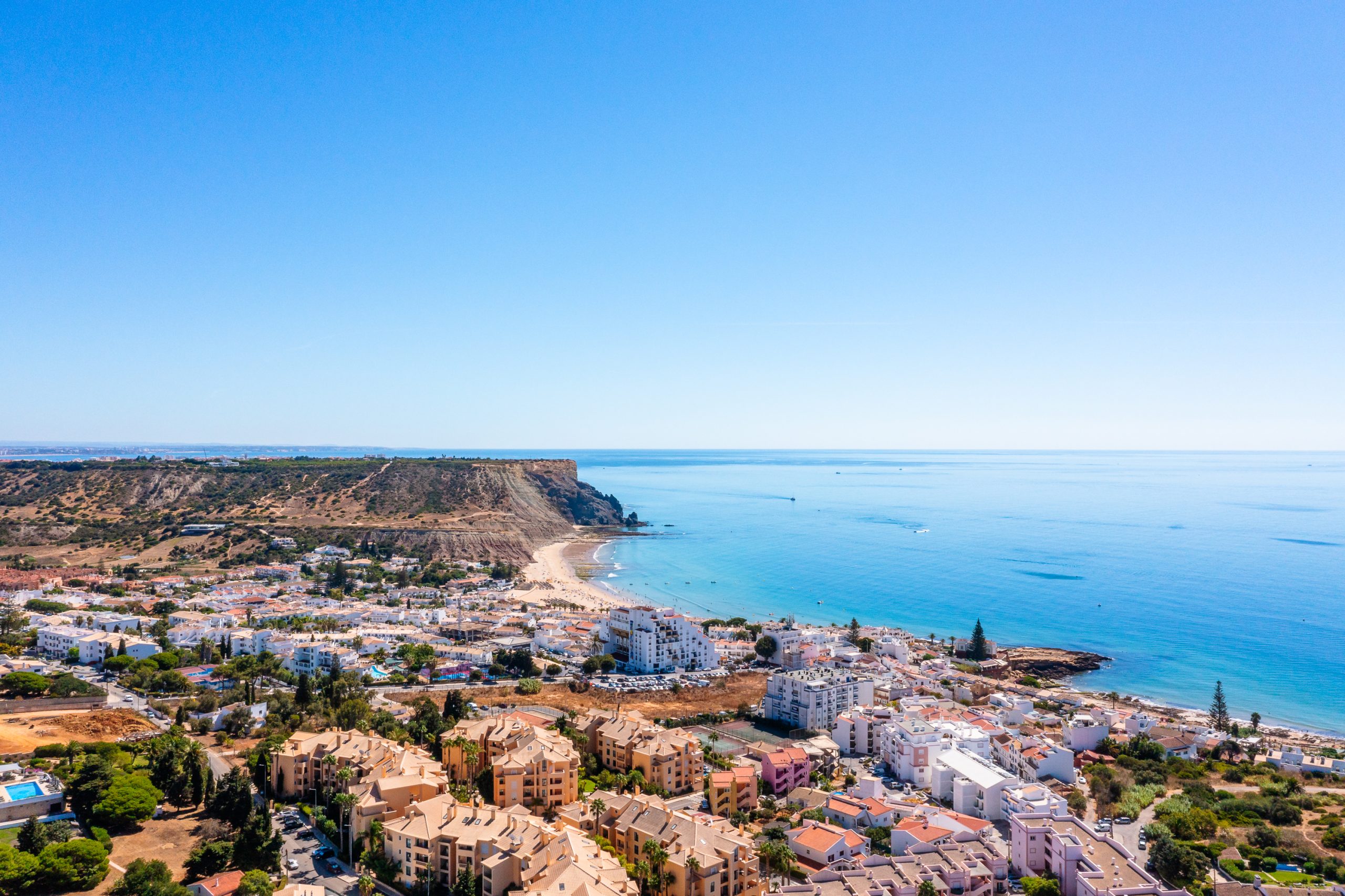If you own, or plan to acquire, a property in Lagos or nearby Algarve, you face a real strategic choice: operate it as a short-term holiday let or as a long-term residential lease. The “right” model isn’t universal; it depends heavily on location, property condition, regulatory risk and your operational capacity. Below is a more grounded decision framework plus actionable advice, based on current Portuguese policy, municipal constraints and Lagos’ dynamics.
Regulatory & Licensing Reality (2025)
- Short-term rentals require Alojamento Local (AL) licensing, which in many municipalities is under review or restriction.
- Under the 2024 “Mais Habitação” law, AL licences were originally constrained, but at the time of writing, in October 2025, many restrictions have been reversed or eased: licences became transferable, expiration removed and municipal discretion re-empowered.
- However, some municipalities still suspend new AL registrations in certain zones, so approval risk is real.
- Residential long-term leases fall under urban lease laws (rent indexation rules, renewal protections), separate from AL obligations.
Lagos Algarve Property Market Context You Should Factor In
- The Algarve remains among Portugal’s highest-value regions: median appraisals are about €2,681/m² in the Algarve, signaling a premium pricing environment. Idealista
- Demand from vacationers continues to drive investor interest, but as visitor volumes stabilise, consistent off-peak occupancy is now a differentiator.
- Renovation and sustainability are rising buyer/tenant priorities: buyers increasingly seek energy efficiency, smart home elements and low-maintenance builds.
Comparative Assessment – Short-Term vs Long-Term
| Feature | Short-Term / AL | Long-Term / Residential Lease |
| Top-Line Yield (seasonal) | High in high season; vulnerable off-peak | Lower per month but steadier over the year |
| Vacancy / risk | High – may have empty periods | Lower, generally stays rented unless problem tenant |
| Operational burden | High: guest turnover, utilities, cleaning, platform fees | Lower: fewer turnovers, standard maintenance |
| Regulatory overhead | AL compliance, licensing, local rules | Lease law compliance, indexation constraints |
| Tax regime & incentives | Tourist / short-stay taxation rules, possibly higher cost of compliance | Under proposed 2026 changes, moderate long-term leases may gain favourable treatment |
| Flexibility & personal use | You can block periods for personal use | Less flexible – tenant rights limit interruptions |
Capital Gains Consideration
If you plan to sell the property within the next few years, factor in Portugal’s capital gains tax rules. Holding an Alojamento Local (AL) licence in the three years prior to sale can substantially increase your taxable gain – in some cases, by reclassifying the property as a commercial asset rather than a personal residence. This can significantly raise the capital gains tax payable. For owners with a potential sale on the horizon, a long-term residential lease may therefore prove more tax-efficient.
How to Make the Decision (Lagos-Focused Questions)
- Microzone & street profiling
If you’re in walking distance to beaches, restaurants, or central Lagos, AL tends to outperform. If you’re farther (inland, quiet streets), long-term tenants may be more reliable. - Licensing feasibility check
Before purchase, check whether AL licences are suspended in your zone in Câmara de Lagos / RNAL. - Winter/shoulder demand sensitivity
If your past occupancy shows >50 % utilisation through Nov–Feb, AL may still work. If <30 %, long-term is safer. - After-tax yield modeling
Run your revenue minus taxes, fees, maintenance for both models (now) and under proposed changes (2026). - Management appetite & cost
If you don’t want the burden of guest operations, long-term rentals will cost less in time and headaches.
Hybrid or Middle-Ground Options
- Mid-term leasing (3–11 months): Target relocating professionals, remote workers, or winter tourists. Often offers better yield than standard long leases with less turnover than AL.
- Seasonal blend: Use AL in peak months (April–October) and rent long-term in winter.
Sample Case (Hypothetical Lagos Apartment)
Imagine a 2-bed apartment in Meia Praia (walking to beach, amenities nearby):
- AL route:
- Peak nights: €200/night, occupancy 70% (April–October)
- Off-peak nights (Nov–Mar): reduced utilisation, say 20–30%
- Higher cleaning/management costs
- Peak nights: €200/night, occupancy 70% (April–October)
- Long-term route:
- Lease at stable €1,800–2,100/month (example, depending on condition)
- Lower turnover costs
- Under proposed 2026 rules, possible favourable tax for “moderate rent”
- Lease at stable €1,800–2,100/month (example, depending on condition)
If under AL the net (after costs) is only marginally higher, the predictability of long-term might outweigh the premium in risk.
Final Thoughts & What You Should Do Next
There is no universal “best” model – your decision must be data-driven. For Lagos, given rising regulation complexity and tax shifts, leaning toward short-term holiday rentals is popular with many properties being prime for AL and licensing being assured.
What to act on immediately:
- Research your specific property’s AL eligibility (zone, licence status)
- Build comparative yield models under both regimes (including proposed 2026 changes)
- Choose a pilot model (e.g. hybrid or mid-term) for the first year, assess performance
- Monitor municipal policy and budget implementation for surprises

